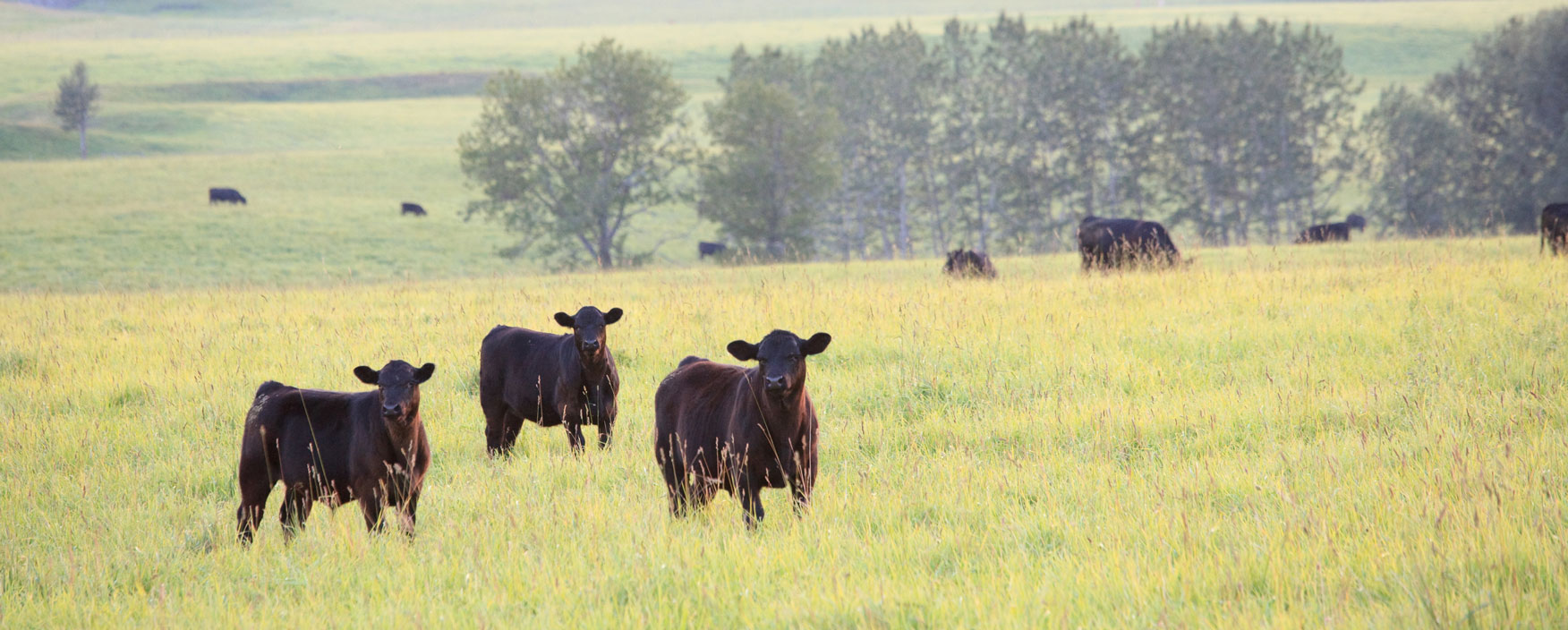
Livestock and Human Health
The healthfulness of meat is a debate that is neither new nor likely to go away soon. According to Midan’s research, 57% of meat consumers agree that beef is healthy1 and 64% say the same about pork.2 But what were the summit’s findings? According to the scientists who interpreted the available evidence for the paper, “regular consumption of meat appears to bestow multiple and important nutrition benefits.” The authors go on to explain that because of the digestibility and absorption of the broad spectrum of important nutrients found in meat (some nutrients which are difficult to obtain from other sources in some global diets) there is no straightforward substitution for replacing meat in the human diet. Alternatively, there are published studies that show long-term negative effects when very large quantities of red and processed meats are consumed regularly. The authors addressed these studies as well, noting that claims supporting restricting meat intake below current levels are mostly “based on associative correlations obtained from some observational studies, which suffer from potential bias and residual confounding.” In other words – the scientists were wary of the methodologies used in those studies.
In Short: Right now, there is not enough evidence that shows a reduction in meat consumption leads to health benefits. But there is evidence that, in many parts of the world, it would be difficult or impossible to obtain sufficient amounts of critical nutrients without consuming animal protein.
Livestock and the Environment
Sustainability of meat production is a conversation that has had a big impact on the industry in recent years. Consumers are becoming more attuned to the importance of sustainability and investors are requiring meat producers to account for their emissions as an element of achieving sustainability. In addition to the emissions created by production livestock, it’s important to consider the plethora of resources that go into things like animal feed. The first question when considering the environment is “What end state are we seeking?” The authors of these papers determined the most realistic state to shoot for is one in which “the resource cycles can be reasonably stabilized and where today’s remaining biodiversity can be sustained and ideally improved.” Can that be achieved if we stop raising animals for food? According to these authors, the answer is no. “Abandoning livestock could prove catastrophic to the already shaky ecological balance of the resource cycles and the remaining natural capital.” This is an area though, where we don’t have a “best” answer yet. The current popular methods for calculating the impact of livestock on resource cycles aren’t updated to match our most current research. Additional research efforts and consistent implementation are required to achieve holistic, transparent and fair metrics.
In Short: Human-managed livestock systems must be part of the solution to environmental sustainability, based on current research. But knowing that research has limitations, scientists from a variety of disciplines are needed to work together to solve the reporting inconsistencies.
Livestock and Socioeconomics
In addition to the Earth and human health, the summit participants also tackled how meat and livestock interplay with ideas like society and the economy. Touching back on the first section, livestock and human health, it’s important to note that the long-term health and productivity losses from undernourishment is both an avoidable human tragedy and a loss in economic opportunity. This means easy and affordable access to highly nutritious animal protein is an important element to nourishing the world and avoiding those losses. The other primary argument about the connection between animal agriculture and society is ethics. Is it possible for one animal (like humans) to ethically produce and slaughter another animal for food? The paper’s authors write, “Ethicists have been impaling themselves in their debates on philosophical principles for decades without much useful outcome. However, careful ethical analysis shows that if meat is economically required to provide for human health… then this shortfall has ethical primacy over considerations of the conditions of the animals.”
In Short: As long as there are human mouths to feed and there is not an equally nutritious and economical alternative that does not involve animal agriculture, ethicists believe humans are in the clear in prioritizing their health and well-being over that of the animals.
There will always be arguments against animal agriculture. And individuals should always be able to make the decisions they believe are best for their health and that match their personal beliefs. But when the question is on policy, and if it would be appropriate for government entities to dictate whether or not meat is suitable to eat, there are too many extenuating factors. According to the currently available research, there is legitimate risk to human health, the environment, society and the economy if we abandon livestock production. Future research or knowledge could alter these findings, but today, meat plays an important role in society that we would be remiss to forget.
2 Midan Marketing, Pork Attributes Research, February 2023
This content was originally published in the National Institute for Animal Agriculture’s members-only newsletter Paradigm.
